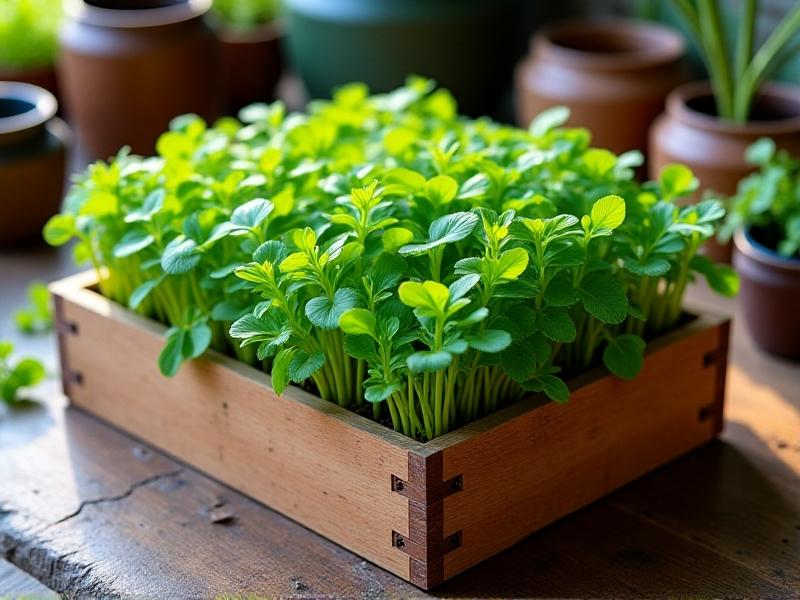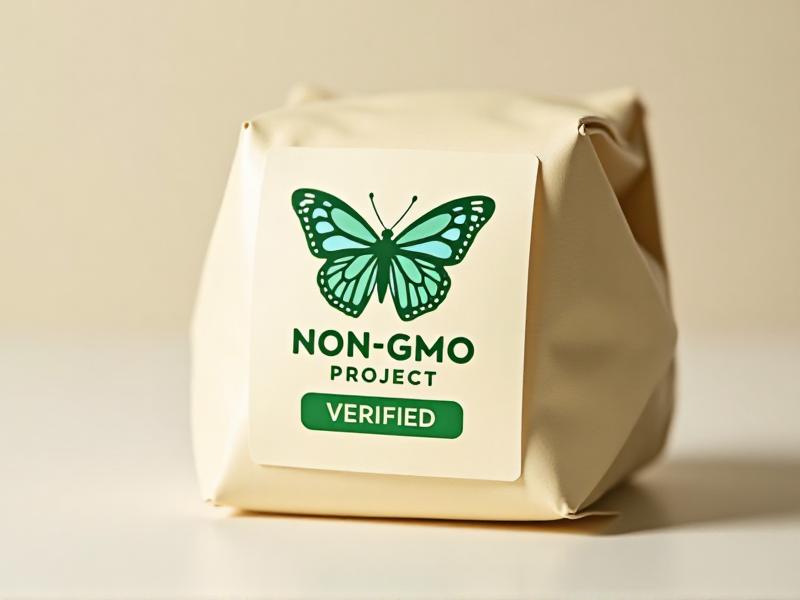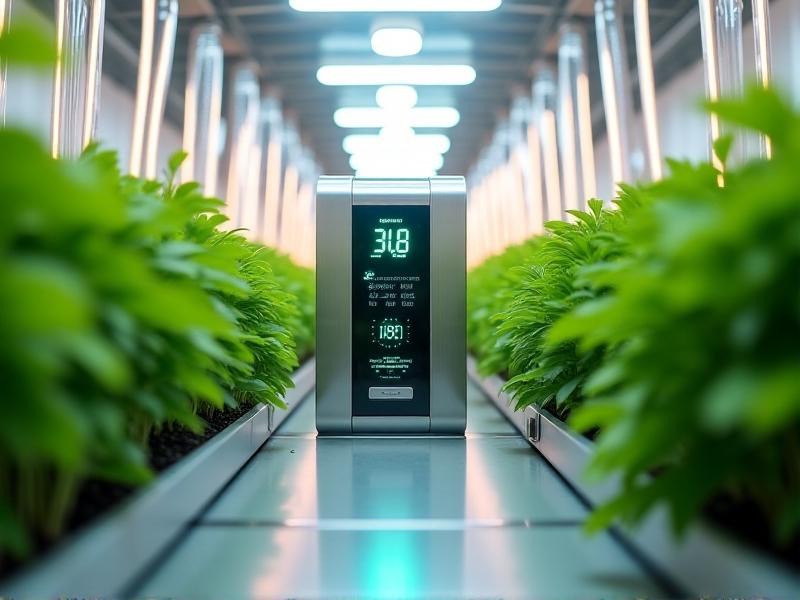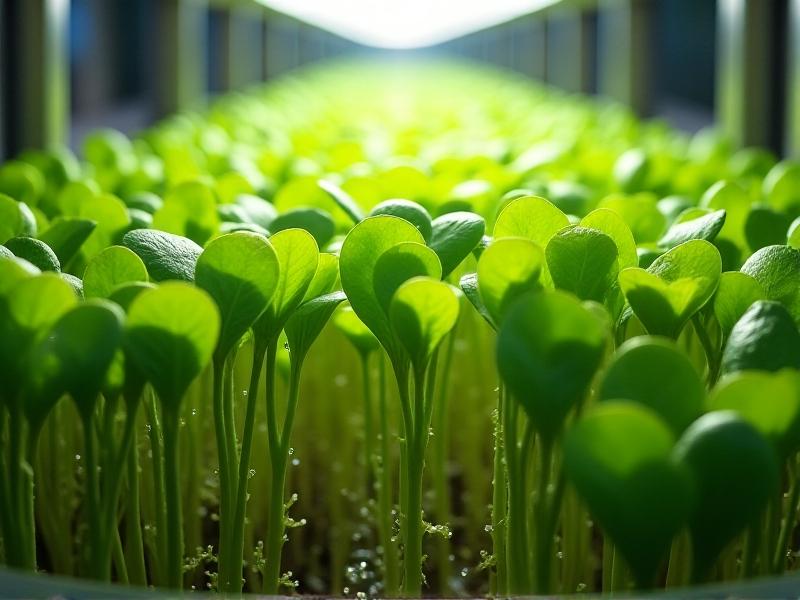Balcony Microgreen Weatherproofing
Why Weatherproofing Your Balcony Microgreen Garden is Essential
Microgreens are a fantastic way to grow fresh, nutrient-packed greens in a small space, and balconies are often the perfect spot for urban gardeners. However, weather conditions can pose significant challenges to your microgreen garden. Rain, wind, and extreme temperatures can damage delicate seedlings, making weatherproofing a crucial step in ensuring a successful harvest. This section explores the importance of protecting your balcony microgreens from the elements and how it can improve your gardening experience.
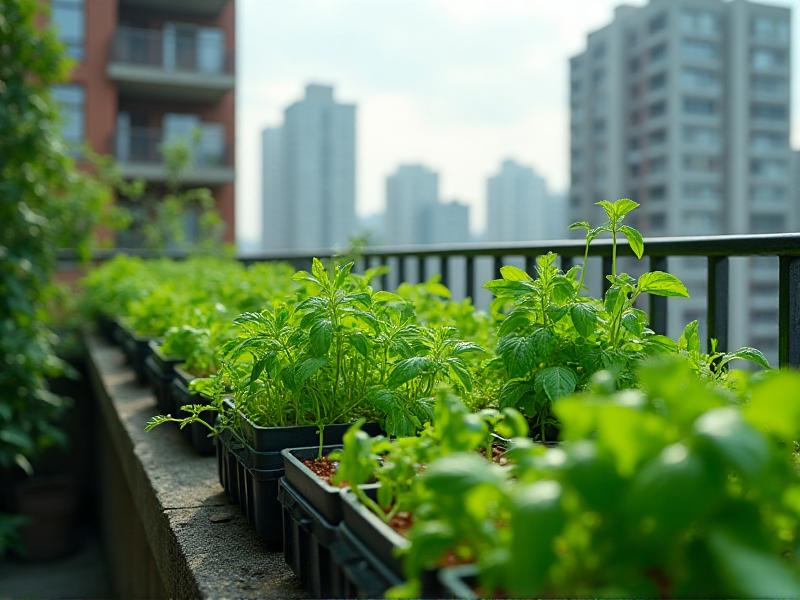
Understanding the Impact of Weather on Microgreens
Microgreens are tender and vulnerable to environmental stressors. Heavy rain can drown seedlings, strong winds can break their delicate stems, and frost can stunt their growth. Even excessive sunlight can cause dehydration and scorching. By understanding how different weather conditions affect your plants, you can take proactive measures to shield them. This section delves into the specific ways weather impacts microgreens and why tailored protection is necessary.
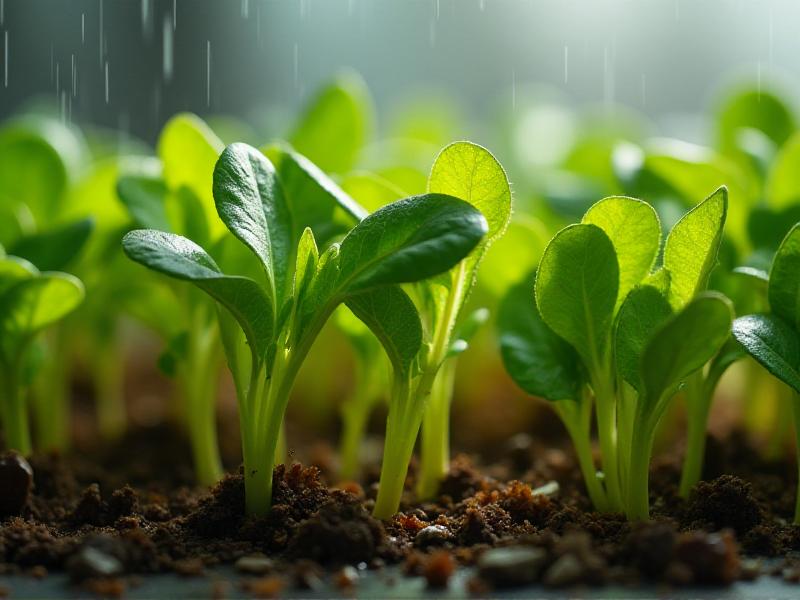
Choosing the Right Materials for Weatherproofing
Selecting the appropriate materials is key to effective weatherproofing. Options range from transparent plastic covers to UV-resistant mesh and insulated grow boxes. Each material has its advantages and is suited to specific weather challenges. For instance, plastic covers can protect against rain, while mesh screens can diffuse strong sunlight. This section provides a detailed guide to choosing the best materials for your balcony microgreen garden based on your local climate.
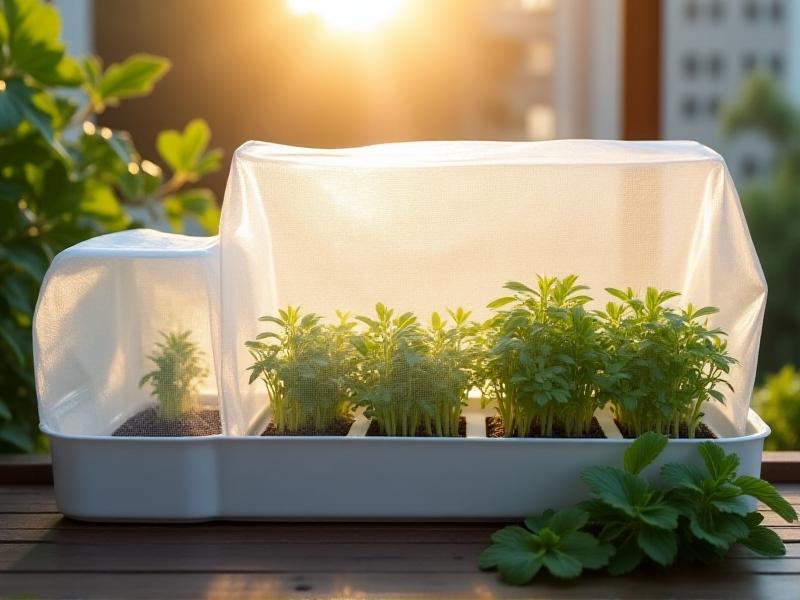
DIY Weatherproofing Solutions for Balcony Microgreens
Not all weatherproofing solutions require a hefty investment. Many effective methods can be crafted at home using everyday items. For example, repurposing old shower curtains as rain shields or using bamboo stakes and fabric to create windbreaks. This section offers step-by-step instructions for DIY weatherproofing projects that are both cost-effective and environmentally friendly.
Balancing Protection and Sunlight for Healthy Growth
While weatherproofing is essential, it’s equally important to ensure your microgreens receive adequate sunlight. Over-shielding can lead to insufficient light, resulting in weak, leggy plants. This section discusses strategies for striking the right balance between protection and sunlight exposure, such as using adjustable covers or positioning your garden to maximize natural light.
Seasonal Weatherproofing Tips for Year-Round Harvests
Weather conditions vary significantly across seasons, and your weatherproofing strategies should adapt accordingly. Summer may require shading and hydration solutions, while winter calls for insulation and frost protection. This section provides seasonal tips to help you maintain a thriving microgreen garden throughout the year, ensuring a continuous supply of fresh greens.
Monitoring and Maintaining Your Weatherproofing Setup
Once your weatherproofing system is in place, regular monitoring and maintenance are crucial to its effectiveness. Check for wear and tear, ensure materials are securely fastened, and adjust as needed based on changing weather conditions. This section offers practical advice on keeping your weatherproofing setup in top shape to safeguard your microgreens.
Enhancing Aesthetics While Weatherproofing Your Balcony Garden
Weatherproofing doesn’t have to compromise the visual appeal of your balcony garden. With thoughtful design choices, you can create a protective setup that enhances the beauty of your space. This section explores creative ways to integrate weatherproofing elements into your garden’s aesthetic, such as using decorative planters or stylish covers.
Community Insights: Learning from Fellow Urban Gardeners
Urban gardening is a shared experience, and learning from others can provide valuable insights into effective weatherproofing techniques. This section highlights tips and stories from fellow balcony gardeners, showcasing diverse approaches to protecting microgreens from the elements. Their experiences can inspire and inform your own weatherproofing journey.
Final Thoughts on Weatherproofing Your Balcony Microgreen Garden
Weatherproofing is a vital aspect of balcony microgreen gardening that ensures your plants thrive despite unpredictable weather. By understanding the challenges, choosing the right materials, and maintaining your setup, you can enjoy a bountiful harvest year-round. This section wraps up the discussion by emphasizing the importance of adaptability and creativity in weatherproofing your garden.


